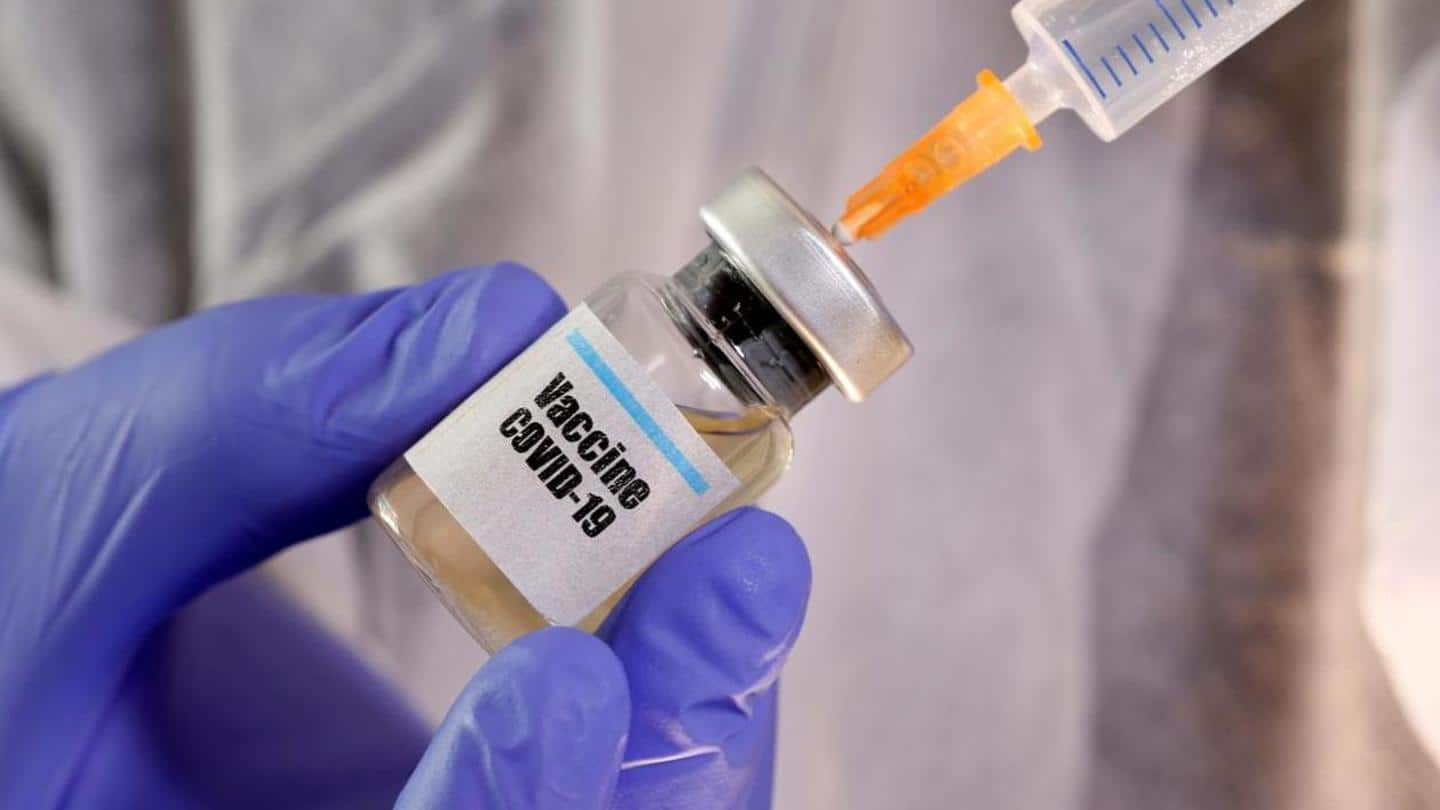
How soon could there be a vaccine for COVID-19?
What's the story
Since the coronavirus outbreak started late last year, researchers have been racing to develop a vaccine against the virus, SARS-CoV-2.
However, even accelerated vaccine development has been estimated to take 12-18 months since the virus first emerged.
With over 15 million (1.5 crore) infected worldwide and the death toll nearing 6.5 lakh, the need for a vaccine becomes increasingly urgent. Here's when it could be expected.
Vaccine development
140 potential vaccines already in early development
Normally, a vaccine could take years, or even decades, to develop. Given how SARS-CoV-2 has managed to infect millions in a matter of months, researchers are working at lightning speed.
140 potential vaccines are already in early development while around two dozen are being tested on people.
Many experts concur that a vaccine could take up to mid-2021 to arrive.
WHO
What does the World Health Organization say?
Dr. Mike Ryan—Executive Director, World Health Organization (WHO) Health Emergencies Program—said on Wednesday that we are making good progress in vaccine development.
Dr. Ryan said that many candidates are in phase 3 trials and none had failed so far, in terms of safety or ability to generate an immune response.
However, he said that the vaccine's first use cannot be expected until early 2021.
Leading candidate
Which potential vaccine is leading the race?
So far, the vaccine candidate being developed by the University of Oxford and AstraZeneca has been leading the race. The vaccine, AZD1222, is still undergoing phase 3 of trials.
AstraZeneca CEO Pascal Soriot said on Tuesday that they are aiming to produce the vaccine by 2020-end.
The firm is planning to sell the vaccine at the cost price (€2.5 or Rs. 217 per unit).
Information
When would the vaccine reach India?
Separately, Adar Poonawalla, the chief of Serum Institute of India (SII), said that the vaccine could hit the Indian market by the first quarter of 2021. The SII has partnered with the Oxford University and AstraZeneca to produce millions of doses of the AZD1222.
Complications
What are the challenges in vaccine development?
Apart from establishing that the vaccine is safe and is effective in provoking an immune response, another hurdle is to develop a way to produce vaccines on a large scale for billions of doses.
There is also the challenge of ensuring that most of the world's population is actually administered the vaccine to ensure herd immunity against the virus.
Information
What are the challenges in vaccine development?
Further, lockdowns have made the process of vaccine development slower since, to know that the vaccine works, you need people to get infected. The method of vaccinating people and then infecting them deliberately is currently being seen as too dangerous and unethical.